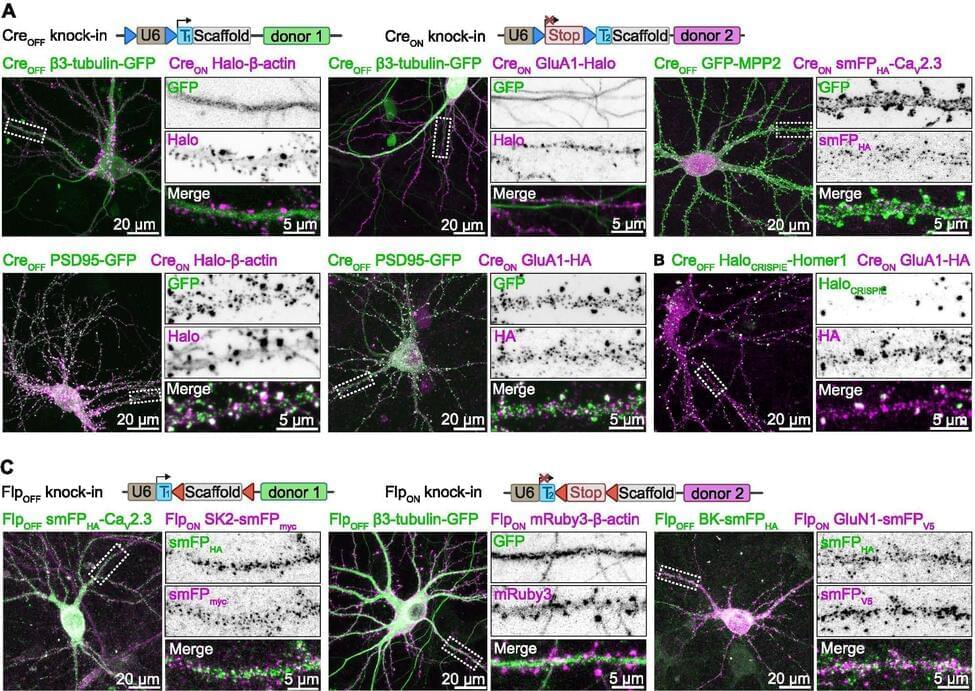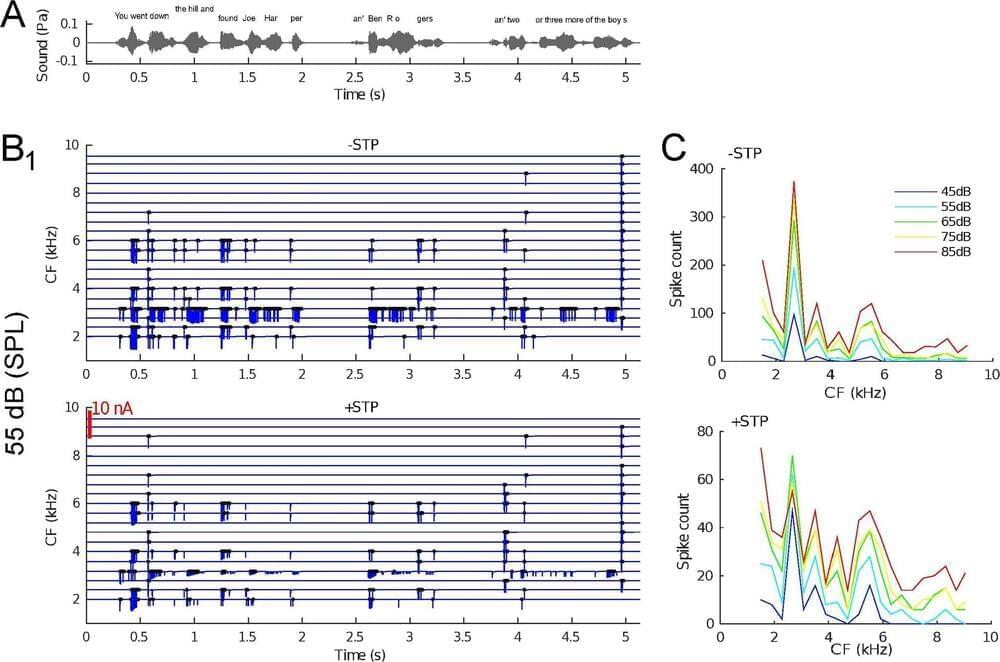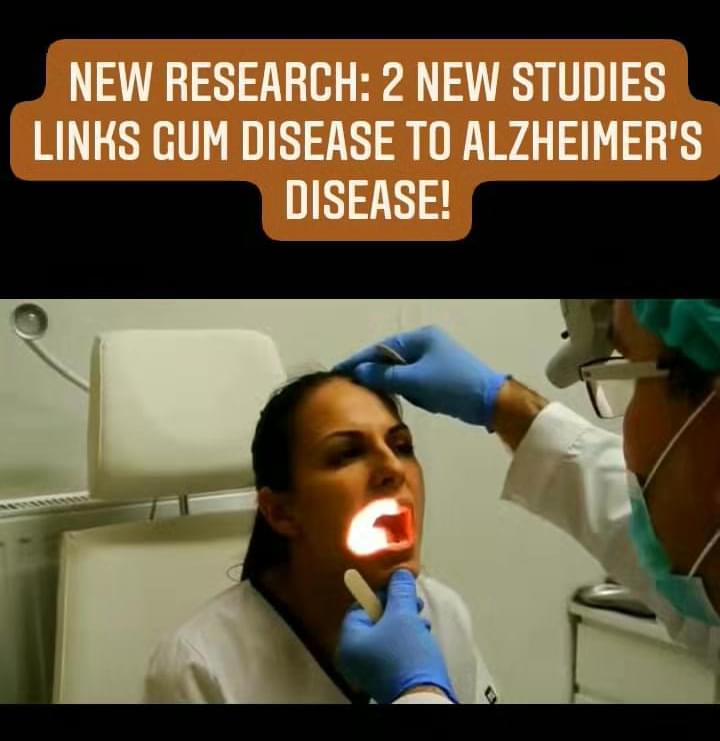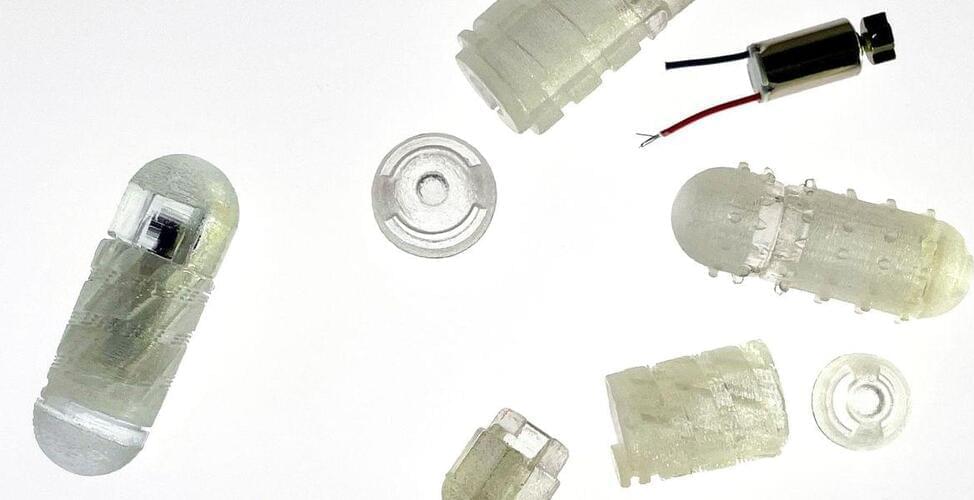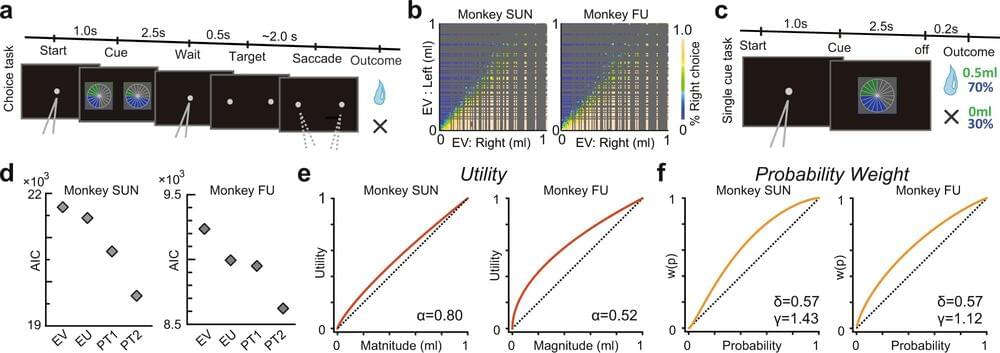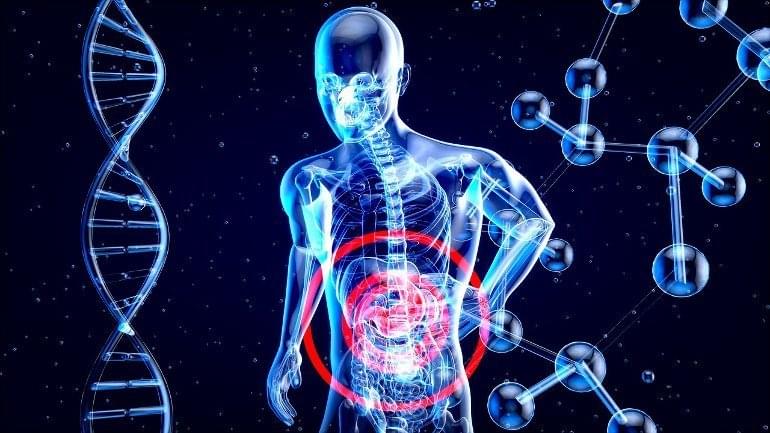Archive for the ‘neuroscience’ category: Page 415
Oct 19, 2022
#alzheimers #science #Brain #dentist #dentistry #oralhealth #disease #alzheimersawareness #alzheimerscare #health #Wow #amazing
Posted by Nicholi Avery in categories: biotech/medical, health, neuroscience, science
Oct 18, 2022
A small wireless implant could help kill deadly brain tumors
Posted by Gemechu Taye in categories: biotech/medical, nanotechnology, neuroscience
Oct 18, 2022
Robopill Drills Through Mucus to Deliver Drugs
Posted by Raphael Ramos in categories: biotech/medical, neuroscience
Anosmia, or the inability to smell, can be caused not only by head injuries but also by exposure to certain toxins and by a variety of medical problems—including tumors, Alzheimer’s, and viral diseases, such as COVID. The sense of smell also commonly atrophies with age; in a 2012 study in which more than 1,200 adults were given olfactory exams, 39 percent of participants age 80 and above had olfactory dysfunction.
The loss of smell and taste have been dominant symptoms of COVID since the beginning of the pandemic. People with COVID-induced anosmia currently have only three options: Wait and see if the sense comes back on its own, ask for a steroid medication that reduces inflammation and may speed recovery, or begin smell rehab, in which they expose themselves to a few familiar scents each day to encourage the restoration of the nose-brain nerves. Patients typically do best if they seek out medication and rehab within a few weeks of experiencing symptoms, before scar tissue builds up. But even then, these interventions don’t work for everyone.
In April 2020, researchers at VCU’s smell and taste clinic launched a nationwide survey of adults who had been diagnosed with COVID to determine the prevalence and duration of smell-related symptoms. They’ve followed up with those people at regular intervals, and this past August they published results from people who were two years past their initial diagnosis. The findings were striking: Thirty-eight percent reported a full recovery of smell and taste, 54 percent reported a partial recovery, and 7.5 percent reported no recovery at all. “It’s a serious quality of life issue,” says Evan Reiter, director of the VCU clinic.
Oct 18, 2022
The Social Brain Ep.4: Brain Decoding: The Science of ‘Mind Reading’
Posted by Dan Breeden in categories: engineering, neuroscience, science
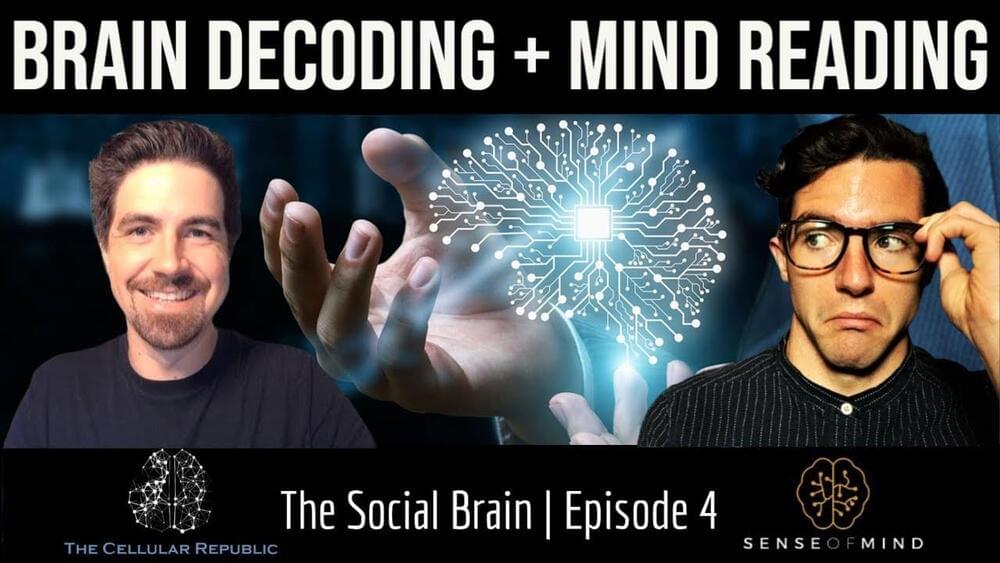
Can scientists read your mind and figure out what you’re thinking just by looking at your brain? Well, sort of.
In this episode of The Social Brain with Taylor Guthrie (@The Cellular Republic) and I (@Sense of Mind) talk about a fascinating new area of cognitive neuroscience, called “brain decoding” as well as its counterpart, “brain encoding,” and related topics. It all centers on the question posed above and the future applications, some of which are scary while others are inspiring.
Continue reading “The Social Brain Ep.4: Brain Decoding: The Science of ‘Mind Reading’” »
Oct 18, 2022
Clockwork-Like ‘Computer’ Discovered Inside Brainless Microscopic Organism
Posted by Saúl Morales Rodriguéz in categories: computing, neuroscience
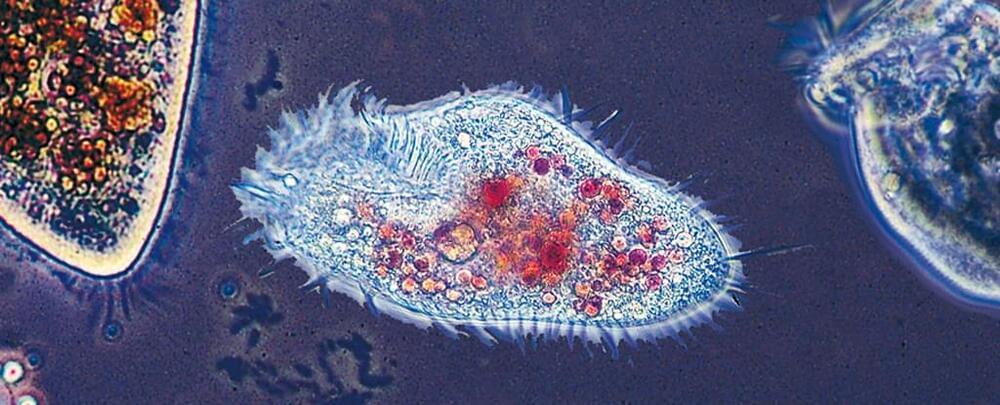
Tiny single-celled critters obviously don’t have room for a brain to tell them how to move in complex ways, so to get about, they usually roll, slither or swim.
But microscopic pond dwellers called Euplotes eurystomus have mastered a way to walk brainlessly – scurrying about like insects, with their 14 little appendages.
Continue reading “Clockwork-Like ‘Computer’ Discovered Inside Brainless Microscopic Organism” »
Oct 18, 2022
How the reward system in the brain processes risky decisions
Posted by Saúl Morales Rodriguéz in category: neuroscience
The mechanisms underlying decision-making have been a long-standing focus of neuroscience research. But now, researchers from Japan have found new information about how the reward system in the brain processes risky decisions.
In a study recently published in Nature Communications, researchers from the University of Tsukuba have revealed that individual neurons in the neural circuit that processes reward information fire in accordance with a well-established theory used to describe the decision-making process.
First proposed in the 1970s, prospect theory is a highly influential concept used to describe how people and animals make choices. Although this theory has been supported by thousands of studies, limitations in the temporal and spatial resolution of human neuroimaging techniques have prevented researchers from determining whether the activity of individual neurons follows this pattern, something that the researchers at the University of Tsukuba aimed to address.
Oct 18, 2022
Gut Could Sound Early Warning Alarm for Motor Neuron Disease
Posted by Genevieve Klien in categories: biotech/medical, neuroscience
Summary: Proteins associated with motor neuron disease, or ALS are present in the gut many years before disease pathologies can be found in the brain. A stool sample or gut biopsy could help identify the presence of MND-associated proteins years before symptoms appear.
Source: University of Aberdeen.
The same proteins thought to contribute to motor neuron disease can be found in the gut many years before any brain symptoms occur, a new study by the University of Aberdeen has found.
Oct 17, 2022
In a ‘tour de force,’ researchers image an entire fly brain in minute detail
Posted by Quinn Sena in categories: biotech/medical, neuroscience
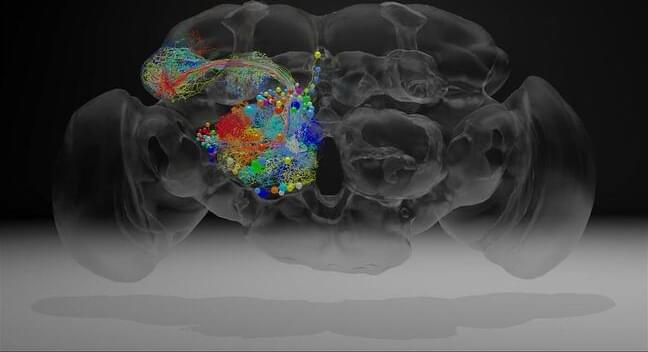
Circa 2018 face_with_colon_three
“This data set—and the opportunities it creates—are … arguably one of the most important things to have happened in neurobiology recently,” says Rachel Wilson, a neurobiologist at Harvard University who was not involved in the new work. “Anyone in the world who is interested can download the data set and determine whether any two neurons … talk to each other.”
Continue reading “In a ‘tour de force,’ researchers image an entire fly brain in minute detail” »
